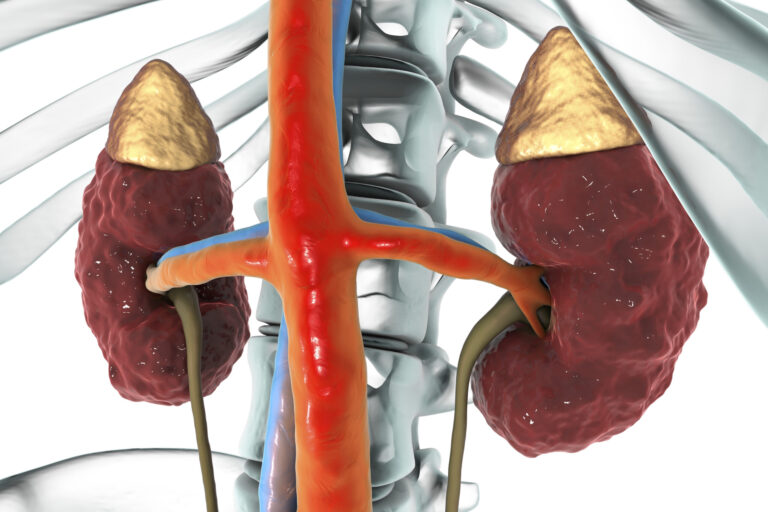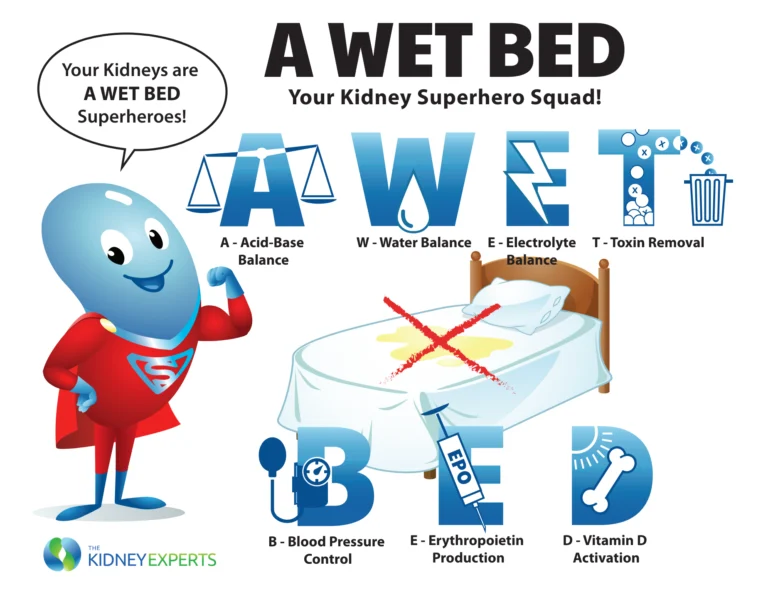Introduction
The Advancing American Kidney Health Initiative, launched by President Donald Trump in July 2019, represents a monumental shift in kidney care in the United States. This initiative aims to reduce kidney failure, improve access to treatment options, and increase kidney transplants. Let’s explore the key aspects of this transformative initiative.

1. Reducing Kidney Failure
One of the primary goals of the Advancing American Kidney Health Initiative is to reduce the number of Americans developing kidney failure by 25% by 2030.
Early Detection and Prevention
- Public education campaigns to raise awareness about kidney disease
- Early screening and diagnosis to catch kidney disease in its initial stages
- Managing risk factors such as diabetes and hypertension
Innovative Approaches
- Development of new diagnostic tools and treatments
- Research funding to explore novel therapies and preventive measures
Special Diabetes Program for Indians (SDPI)
- The SDPI has significantly reduced the incidence of diabetes-related end-stage renal disease (ESRD-DM) in American Indian and Alaska Native populations, demonstrating the potential impact of targeted programs[1].
2. Improving Access to Treatment Options
The initiative aims to ensure that 80% of new kidney failure patients in 2025 either receive dialysis at home or undergo a transplant.
Home Dialysis
- Encouraging the use of home dialysis to provide patients with more flexibility and comfort
- Financial incentives for healthcare providers to promote home dialysis
Enhancing In-Center Dialysis
- Updating regulations to improve the quality of care in dialysis centers
- Reducing infection rates and other complications associated with dialysis
New Payment Models
- ESRD Treatment Choices (ETC) Model: Encourages home dialysis and kidney transplants, impacting 30% of kidney care providers
- Kidney Care Choices Model: Financial incentives for managing chronic kidney disease (CKD) to delay dialysis onset and promote transplantation[2].
3. Increasing Kidney Transplants
The initiative seeks to double the number of kidney transplants available by 2030.
Supporting Living Donors
- Removing financial barriers for living organ donors
- Expanding reimbursable expenses to include lost wages, childcare, and elder-care expenses
Optimizing Organ Procurement
- Holding Organ Procurement Organizations (OPOs) to higher performance standards
- Encouraging the transplantation of more procured organs
Extending Medicare Coverage
- Extending Medicare coverage of immunosuppressive drugs beyond three years post-transplant could result in significant savings and better patient outcomes[1].
Implementation Strategies
Regulatory Changes
- Updating transplant center requirements for greater flexibility
- Promoting innovation in dialysis equipment and supplies
Research and Innovation
- Increased funding for kidney disease research
- Development of artificial kidneys and other innovative therapies
Collaboration and Partnerships
- Public-private partnerships involving HHS, National Kidney Foundation (NKF), and American Society of Nephrology (ASN)
- Engagement with patients, caregivers, healthcare providers, and researchers
Impact and Significance
The Advancing American Kidney Health Initiative is a groundbreaking effort to improve kidney care in the United States. By focusing on prevention, expanding treatment options, and increasing access to transplantation, this initiative has the potential to significantly enhance the lives of millions of Americans affected by kidney disease.
Historic Action
- On December 17, 2019, the administration took historic action to improve patient access to transplantation by increasing the number of organs available for transplant[2].
- The initiative represents the largest steps forward in U.S. kidney care since the end-stage renal disease (ESRD) program began in 1973[2].
Patient-Centered Care
- The initiative emphasizes person-centered care, aiming to improve the lives of patients, their caregivers, and family members throughout the stages of kidney disease[1].
Additional Details
Key Statistics
- Approximately 37 million Americans, or 15% of the nation’s adults, have kidney disease[4].
- Kidney disease was the ninth leading cause of death in the United States in 2017[4].
- More than 100,000 Americans begin dialysis each year, with significant mortality rates[4].
Challenges
- High rates of undiagnosed kidney disease, with 90% of adults unaware they have the condition[4].
- Significant complications associated with dialysis, including infections and hospitalizations[4].
Future Directions
- The initiative aims to pioneer new payment models, update regulations, educate and empower patients, and support new paths for research and development[4].
By addressing these challenges and implementing these strategies, the Advancing American Kidney Health Initiative aims to revolutionize kidney care and improve outcomes for millions of Americans.
References:
- U.S. Department of Health and Human Services. (n.d.). Advancing American Kidney Health. Office of the Assistant Secretary for Planning and Evaluation. https://aspe.hhs.gov/advancing-american-kidney-health
- National Kidney Foundation. (n.d.). Advancing American Kidney Health Initiative. https://www.kidney.org/advocacy/advancing-american-kidney-health-initiative
- American Society of Nephrology. (n.d.). Advancing American Kidney Health Initiative. https://www.asn-online.org/policy/webdocs/page.aspx?code=220
- U.S. Department of Health and Human Services. (2019). Advancing American Kidney Health. Office of the Assistant Secretary for Planning and Evaluation. https://aspe.hhs.gov/sites/default/files/private/pdf/262046/AdvancingAmericanKidneyHealth.pdf


